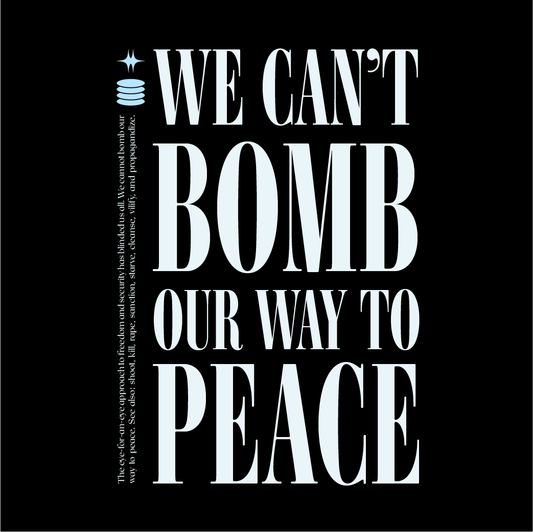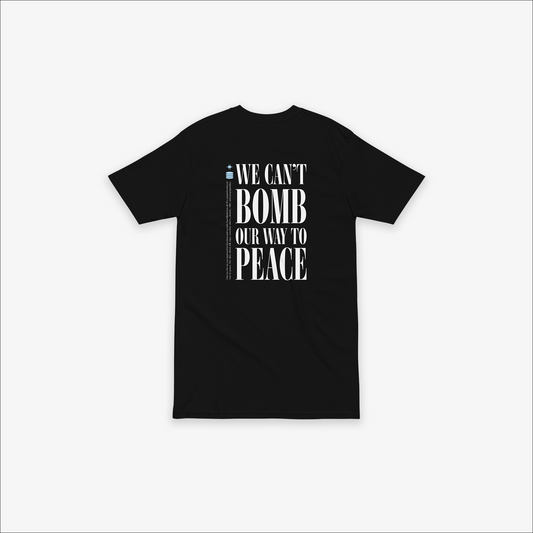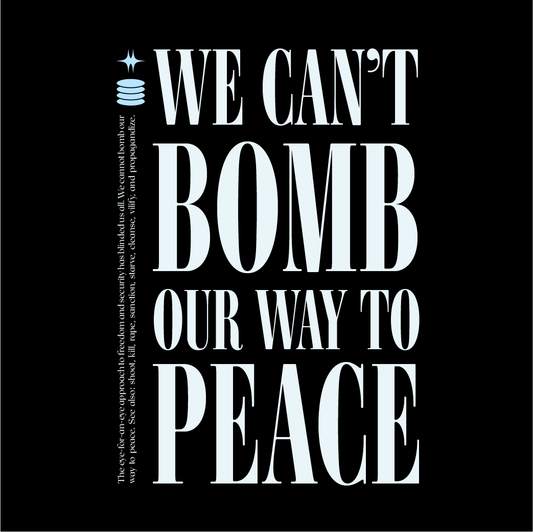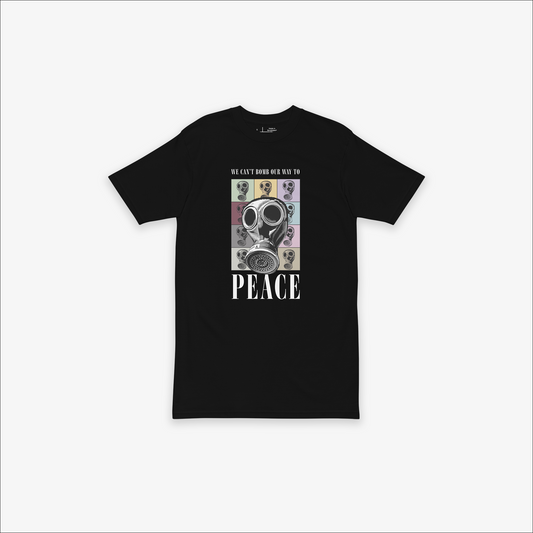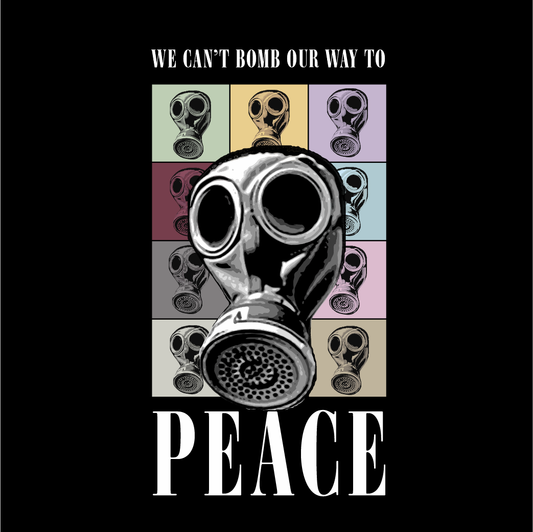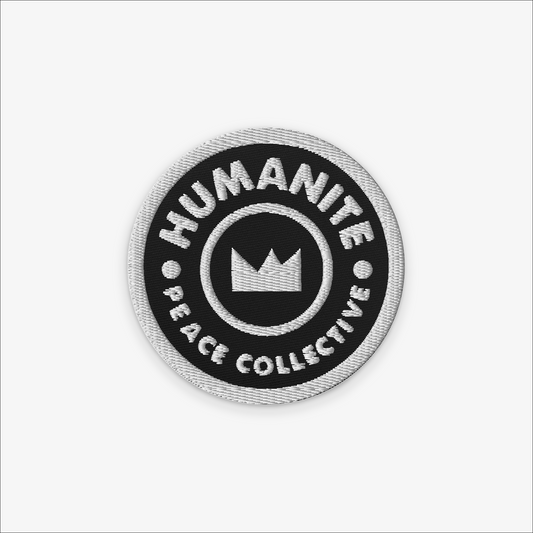A few months ago in the gym, I was experiencing some pain in my lower back while deadlifting. Like an old man, I placed my right hand on my back hip and began hobbling away from the loaded barbell on the floor in front of me, trying to rub out the pain.I’d been here before. I knew it wouldn’t work. But I rubbed and clutched and grimaced anyway. Without giving it any thought, I performed a ritual that invited others into my pain.“Oh, are you ok!? Did you pull it? Yeah, that’s why you shouldn’t deadlift.”Just then, one of the coaches said, “The spot of the pain is not the source of the pain.”Wait, what?!The spot of the pain is not the source of the pain.He went on to explain that when your back hurts, the real cause might be tightness in the backs of your legs, pulling down on the pelvis. “And when you tore your rotator cuff, it was because all of these back muscles were weak and your form collapsed.”“Let’s take some weight off and work our way back up.”From Gym to Real LifeI think this pain principle is true outside the gym, as well. Sometimes we get into something heavy and our efforts to lift it or carry it bring pain. So we drop it, maybe scream and yell, and instinctively rub the spot where we feel the pain, inviting empathy and (if we’re honest) drama from others.Our friends gather ‘round: “Oh, did life hurt? See, I told you they were bad. You were naive... I was right…”Instinctively, everyone focuses on the thing we’re pointing to.Sometimes we need a coach to come along and say, “Hold on. I acknowledge that you feel pain in that spot. That relationship. That task. You get sick to your stomach. Your heart starts racing. The voices in your head get louder. But pain is a symptom. Be careful about crying out, assigning blame, because often, the real cause is a weakness or a vulnerability we’re completely unaware of.”Compensatory StrengthOne of the best things I’ve learned over the last two years is the limits of compensatory strength—that is, adapting by accomplishing something suboptimally in order to compensate for areas of weakness.I built a lot of compensatory strength over the last 15 years of humanitarian service. I lifted heavier and heavier responsibilities until, suddenly, I peaked. In order to progress any further, I needed to deload, address my form and fundamentals, and start the journey over again, with more awareness, connection, and wisdom.Humans don’t seem to be very good at identifying cause and effect. We over-index for pain, blaming our symptoms as sources. And we under-estimate the burden we put on ourselves and others to compensate for unknown and unacknowledged weaknesses.As we move into a new year together, I’m hoping you find opportunities for growth, inner peace, and communal belonging. It’s what I want for myself, as well. Maybe this metaphor and these questions can help…Questions for Reflection |
|



